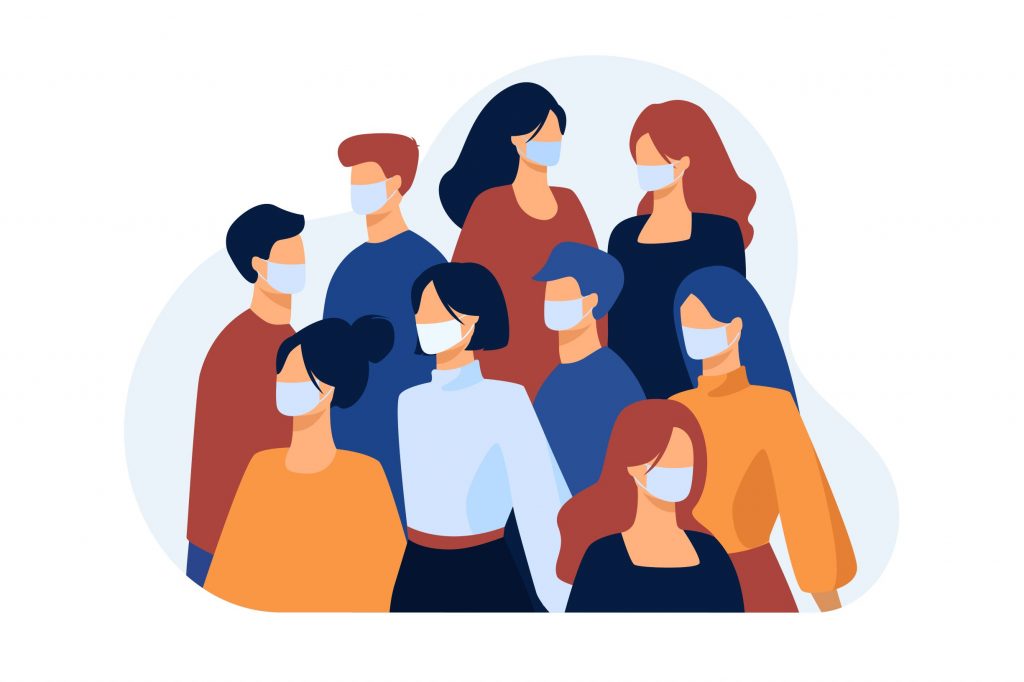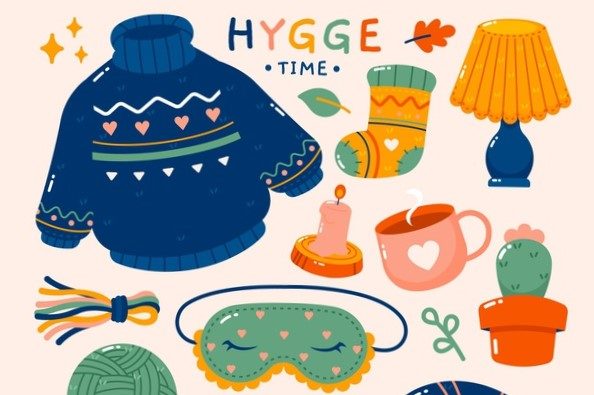
We all need and deserve support
While the pandemic has reminded care staff how capable and resourceful they are in a crisis, the traumatic nature of their experiences over the last year has also meant learning to accept help from others.
We all have challenges and triumphs, but we can only handle so much on our own. As a regional manager with Cygnet Health Care, I am struck by how many of us have bonded and supported each other in ways we had not experienced before.
Last summer, I participated in a pilot in Yorkshire to introduce a peer support system across the organisation called Trauma Risk Management, also known as TRiM. It’s a system originated in the Royal Marines but now commonly used by our emergency services. The nature of the COVID-19 crisis means many staff are being exposed to traumatic situations, at work and at home.
Meanwhile, our residents thrive on routine, where accessing local communities and meeting other people is vital to maintaining good mental health and wellbeing. It’s heart-breaking to know they have not been able to do this because of lockdown restrictions.
This inevitably places additional stress on the people supporting them, already managing the practicalities of restrictions designed to prevent or contain infection.

Worries in the wider world
COVID-19 has also brought challenges to staff outside the workplace: there’s the worry they could get ill or pass the virus on to others. Some staff have lost loved ones. We navigate these concerns on a daily basis, which is another reason why staff wellbeing remains a priority.
In some services, we have booked hotels for staff while they support poorly residents. This has helped them keep their families safe and now, with the introduction of regular testing and the vaccine rollout, their concerns have been further eased.
There have still been some difficult times of course. As a trained TRiM manager, I led a response to the unexpected death of a resident from natural causes. He was much loved by staff and when he passed away suddenly, they were naturally very upset.
Being able talk to someone about how they felt was really important. The TriM programme is about assessing who is affected, keeping a watchful eye and providing further support where needed.
We are now in the process of introducing another programme called Sustaining Resilience at Work, or StRaW, as part of our current wellbeing campaign.
StRaW is a proactive approach to staff wellbeing, recognising we work in stressful situations and the need to build psychological resilience into our day-to-day environment. I’m pleased to say the feedback has been fantastic and we are aiming to train 100 employees to become TRiM or SrTaW managers in other services across the country.

Introducing 'wobble rooms'
Our innovations don’t stop there. Some Cygnet services, including Lowry House in Manchester, have adopted ‘wobble rooms’. These are quiet spaces for staff feeling overwhelmed or needing some peace. The rooms are stocked with soft drinks and snacks so they can take short breaks, recharge emotionally and take strength from positive messages on the walls.
I still swell with pride when I think of all the innovative and creative ways our teams keep residents and service users feeling motivated and happy during the lockdown.
At Norcott Lodge, one resident enjoyed daily trips to the charity shop to find necklaces. It was really important to her, and she relied on these trips every day. Of course, lockdown meant attending was no longer possible, so staff used social media asking people to donate necklaces. There was a huge response and now she is able to receive a different necklace every day.
If I could take away something positive from the pandemic, it’s the way it’s brought people closer together. There have been times when we’ve all had a little cry or felt exhausted. But it’s a great comfort to know that when we’re struggling, there are kind colleagues who understand what we’re going through and can offer a shoulder to lean on.